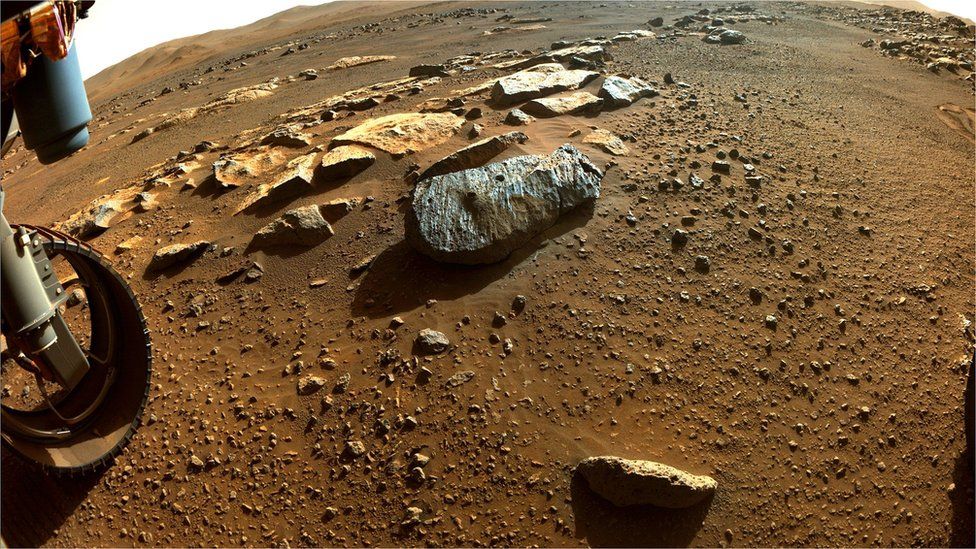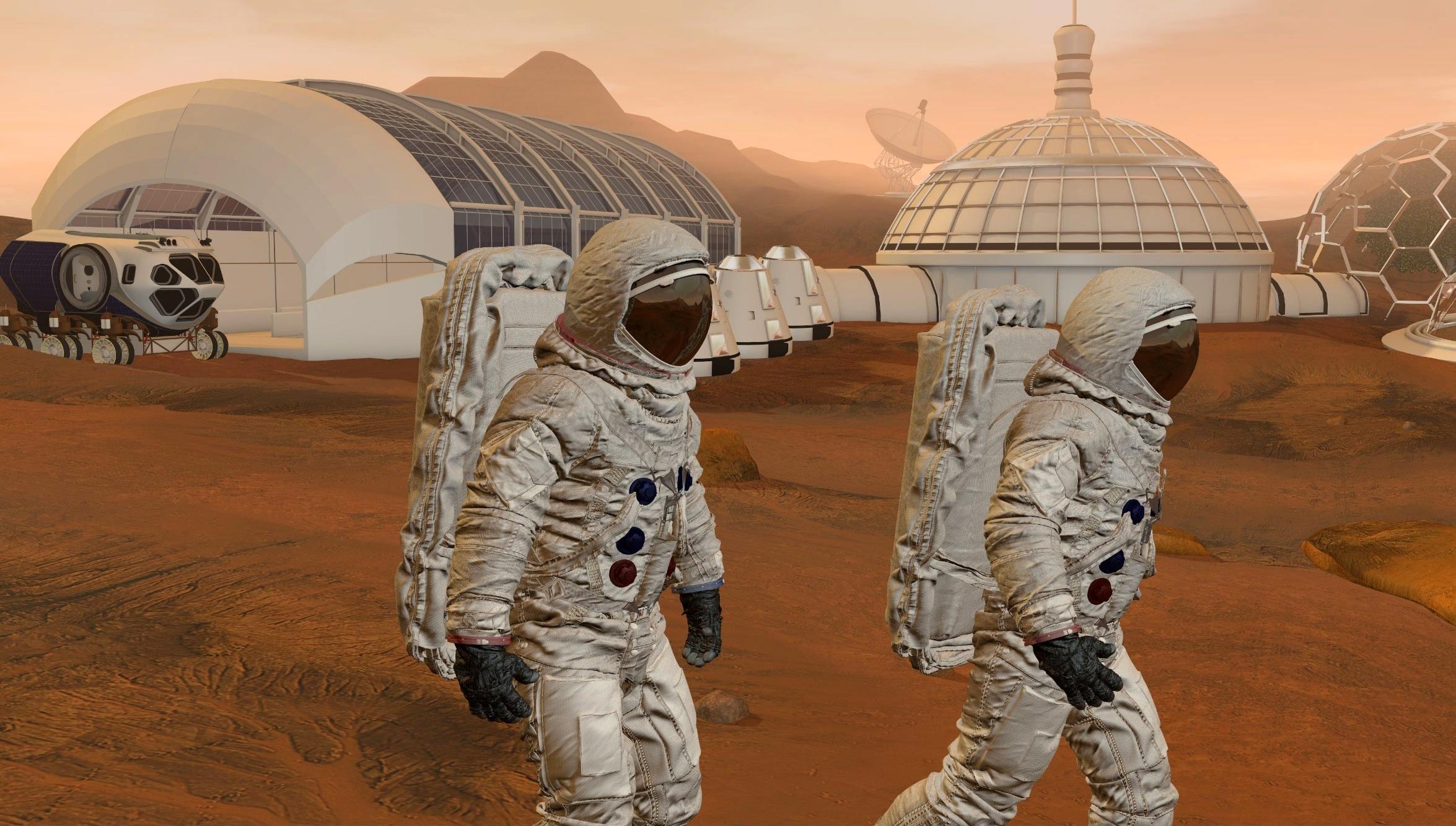The Population of Mars: A Look at the Past, Present, and Future

The population of Mars is currently zero. There are no known living humans or animals on Mars. However, there have been a number of robotic spacecraft that have been sent to Mars, including rovers, landers, and orbiters. These spacecraft have gathered a lot of information about Mars, and they have helped us to learn more about the planet's potential for supporting life.
Advertisement

In the past, there may have been life on Mars. There is evidence that Mars once had a much thicker atmosphere and liquid water on its surface. These conditions would have been more favorable for life than the current conditions on Mars. However, there is no definitive proof that life ever existed on Mars.
In the future, it is possible that humans will colonize Mars. However, there are many challenges that will need to be overcome before this can happen. These challenges include the harsh Martian environment, the distance from Earth, and the cost of sending humans to Mars.
If humans do eventually colonize Mars, the population of the planet is likely to be very small at first. However, as the technology for space travel improves and the cost of sending humans to Mars decreases, the population of Mars could eventually grow to be quite large.
The Harsh Martian Environment
One of the biggest challenges to colonizing Mars is the harsh Martian environment. The atmosphere on Mars is very thin, and it contains only about 0.1% of the oxygen that is found in Earth's atmosphere. This means that humans would need to wear protective suits whenever they went outside, or they would risk suffocating.
The temperature on Mars is also very cold. The average temperature on Mars is about -63 degrees Fahrenheit (-53 degrees Celsius). This means that humans would need to live in heated habitats if they were to live on Mars permanently.
Advertisement

Advertisement
The Martian surface is also very dusty. The dust on Mars is made up of fine particles that can be easily inhaled. This could cause serious health problems for humans, such as respiratory problems and cancer.
The Distance from Earth
Another challenge to colonizing Mars is the distance from Earth. Mars is about 140 million miles (225 million kilometers) from Earth. This means that it would take about six months to travel between Earth and Mars. This would make it very difficult to send supplies and personnel to Mars, and it would also make it difficult to communicate with people on Mars.
The Cost of Sending Humans to Mars
The cost of sending humans to Mars is also a major challenge. It is estimated that it would cost about $10 billion to send a single person to Mars. This cost would likely decrease as the technology for space travel improves, but it would still be a significant expense.
The Future of Mars Colonization
Despite the challenges, there are many people who believe that colonizing Mars is possible. There are a number of private companies that are working on developing the technology to send humans to Mars, and there is also a lot of government interest in Mars colonization.
If humans do eventually colonize Mars, it is likely that the first colonies would be small and isolated. However, as the technology for space travel improves and the cost of sending humans to Mars decreases, the colonies on Mars could eventually grow to be quite large.

It is also possible that Mars could eventually become a self-sufficient colony. This would mean that the colony would be able to produce its own food, water, and energy. A self-sufficient colony on Mars would be a major achievement, and it would show that humans are capable of colonizing other planets.
Conclusion
The population of Mars is currently zero, but it is possible that humans will colonize Mars in the future. There are many challenges that will need to be overcome before this can happen, but the potential rewards are great. A colony on Mars would be a major achievement, and it would show that humans are capable of exploring and colonizing other planets.